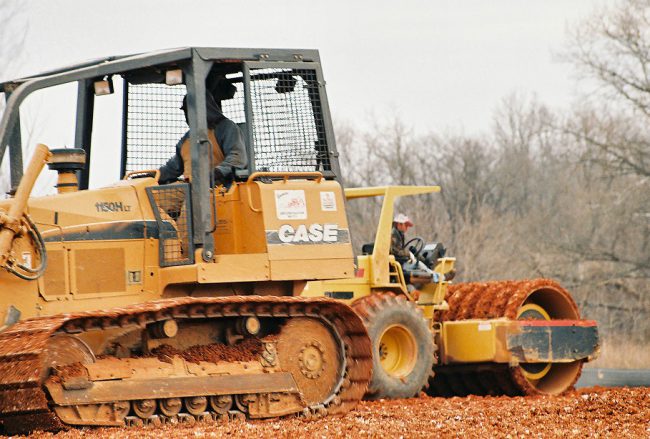
The end of summer here in the Midwest also signals the end of another season – the construction season. How many of you as you traveled through a construction zone caught yourself stereotyping those workers dressed in hard hats and bright orange vests? Did descriptors like strong and tough come to mind? Perhaps you might even attach other attributes like crude, uneducated, unskilled, unappreciated?
Construction workers have been given a bad rap over the years, but it should be known that the industry is doing some amazing work regarding an issue that affects their workers. That issue is mental health. Behind those reputations of brawn and stamina are people who are at a high risk for suicide. The construction industry is in the top nine and here are some statistics:
-
White working-age men have the highest suicide rates, but among women, workers with the highest suicide rates were in construction and extraction.
-
People who have access to and familiarity with lethal means like firearms, pills, and high places are often less afraid and more capable of inflicting self-harm by these means.
-
When a workplace has a culture of recklessness, bravery and/or stoicism, and people are rewarded for being tough, they are often less likely to seek help.
-
Workplaces that expose employees to physical or psychological injury through traumatic life-threatening events can experience symptoms of chronic pain, post-traumatic stress, or burnout that can bring about suicide despair.
-
Workplaces that informally support a culture of self-medication to reduce stress can experience increasing substance abuse problems that in turn increase the risk of suicide.
-
Workers in temporary or seasonal employment can experience a lack of belonging and higher levels of uncertainty that add to a sense of isolation and lack of meaning.
-
When an employee’s main source of identity is their job, a humiliating job failure can trigger depression and suicidal thoughts.
-
Employees that feel they’re doing something they wouldn’t normally do just so they meet goals often have feelings of hopelessness. They feel trapped in one line of very stressful work.
-
Construction sites that include bridges and buildings are sometimes the death sites for suicide.
-
Workforce and skill shortages result in working overtime and creates a feeling of being overwhelmed with the pressures of completing a job.
-
Working long or abnormal hours can effect sleep which causes mental and physical exhaustion. This effects performance, increases the risk of injury, and can bring on other mental health concerns.
That’s a long and sobering list of facts, but because the stigma of mental health is decreasing, the efforts of the construction industry are increasing. They’re making suicide prevention a top priority by educating employees, offering resources to support them , and intervening when a problem exists. Give a lot of credit to the construction industry for saving lives!
-Terry Olson, Titan Machinery
References:
http://www.forbes.com/sites/amymorin/2016/05/21/what-construction-workers-could-teach-other-industries-about-mental-health-awareness/#7e94f7739a23
http://carsonjspencer.org/files/6114/4106/0974/Construction_Industry_Blueprint_for_Suicide_Prevention.pdf